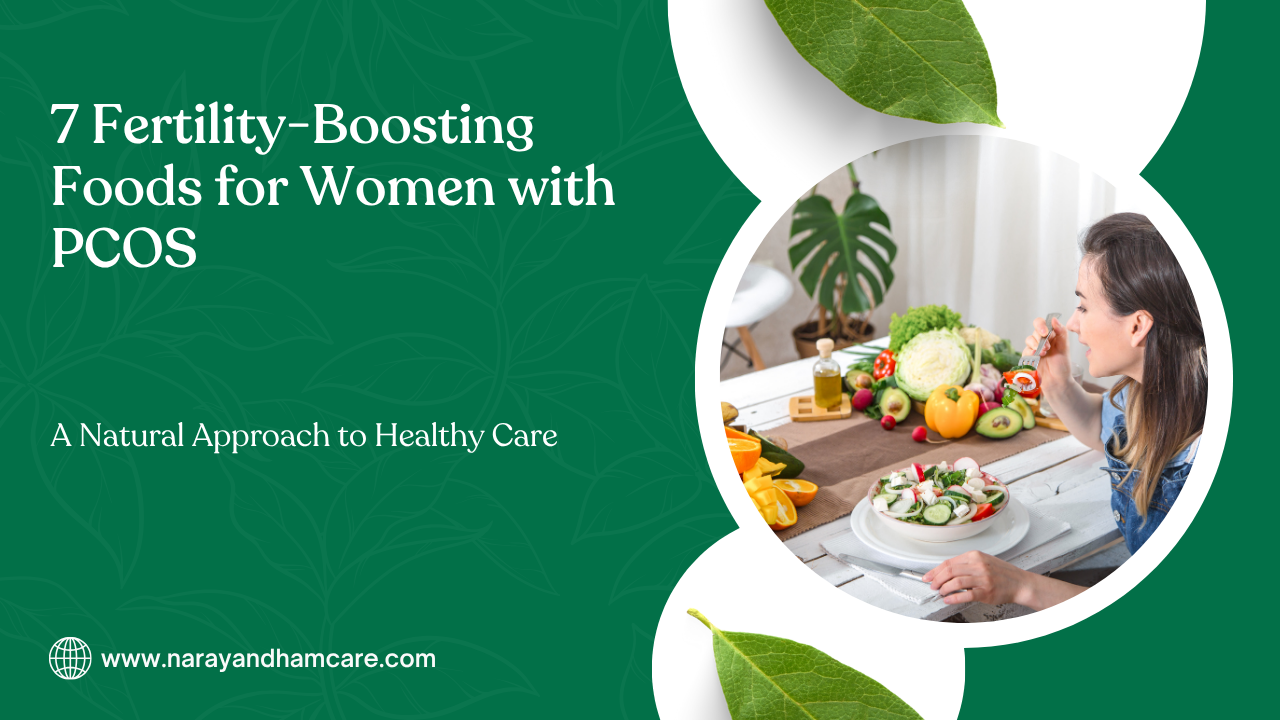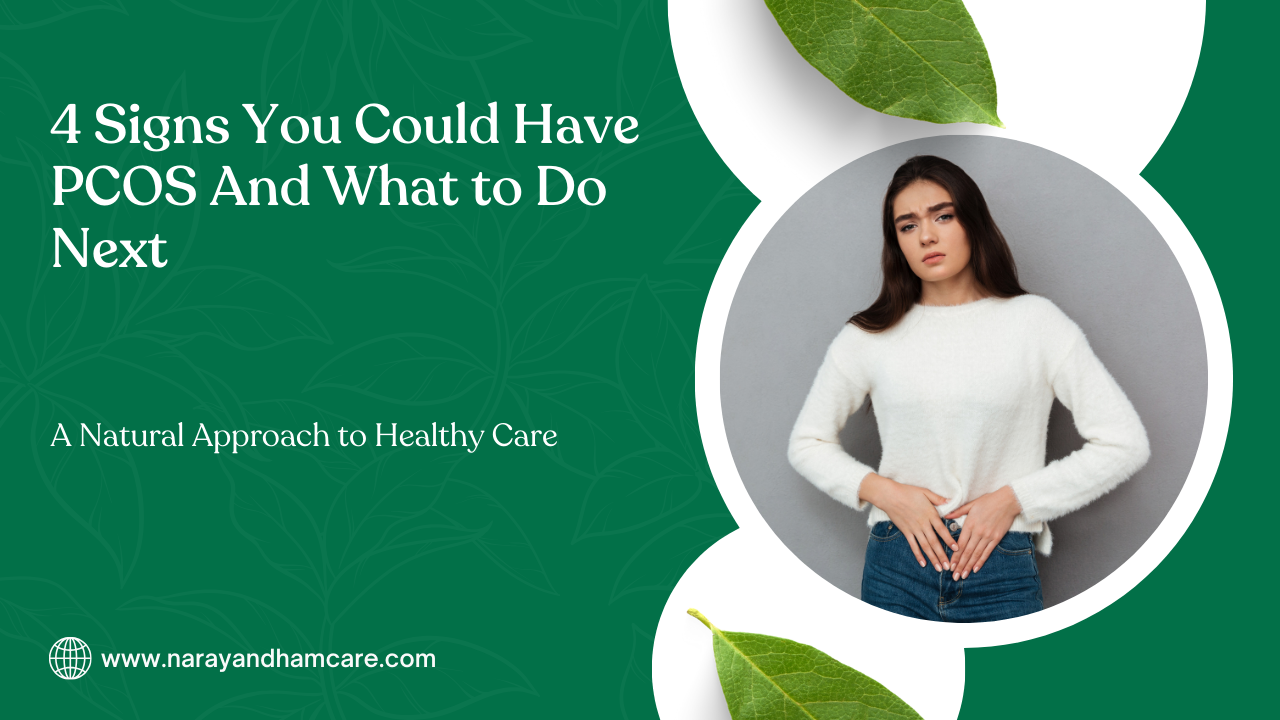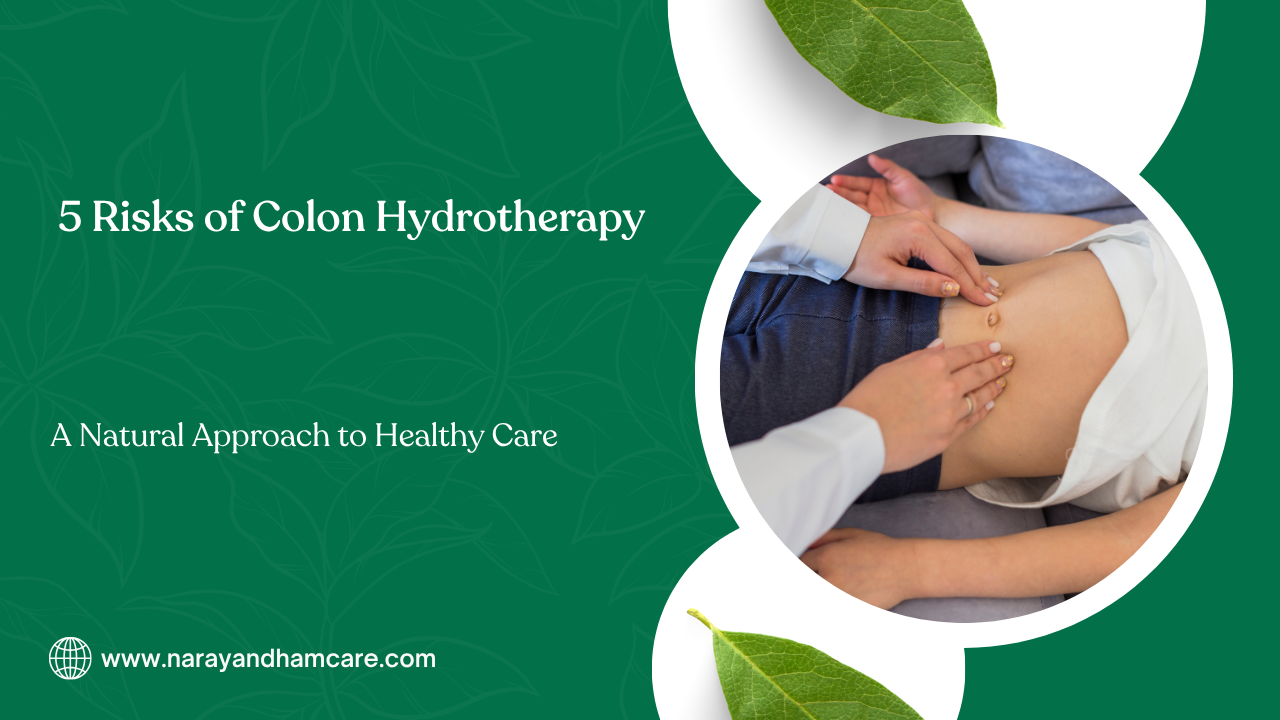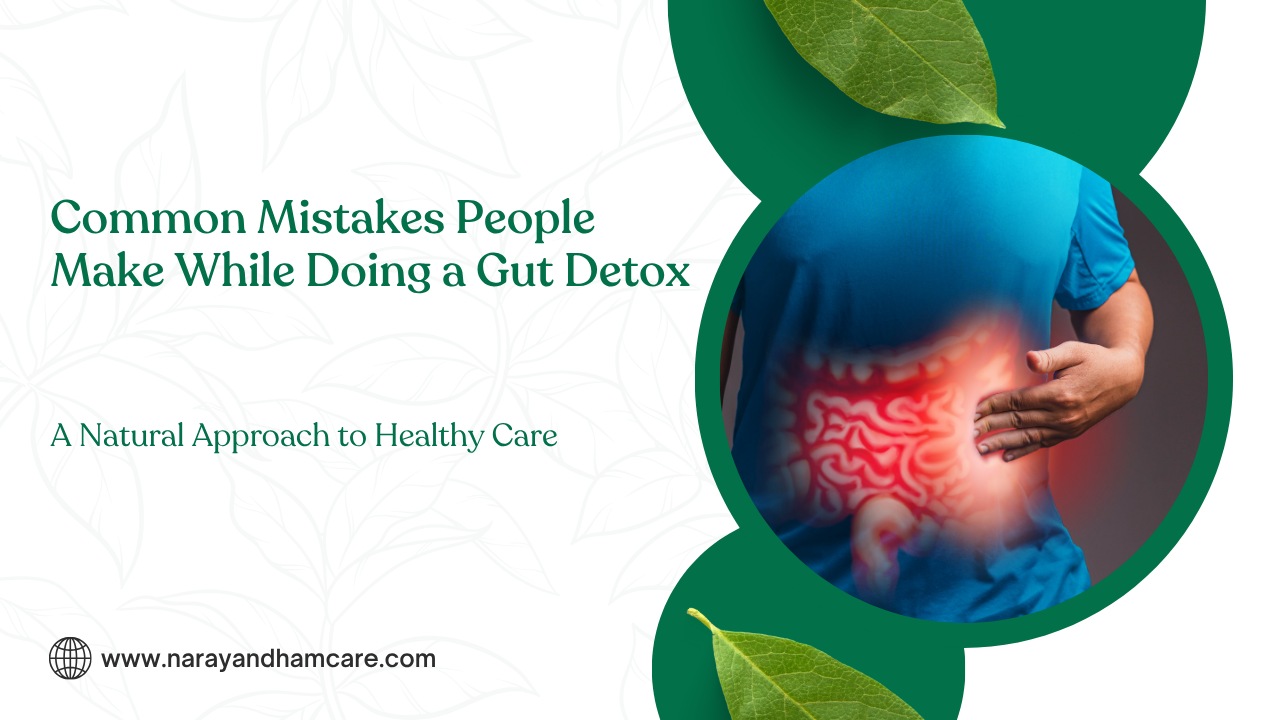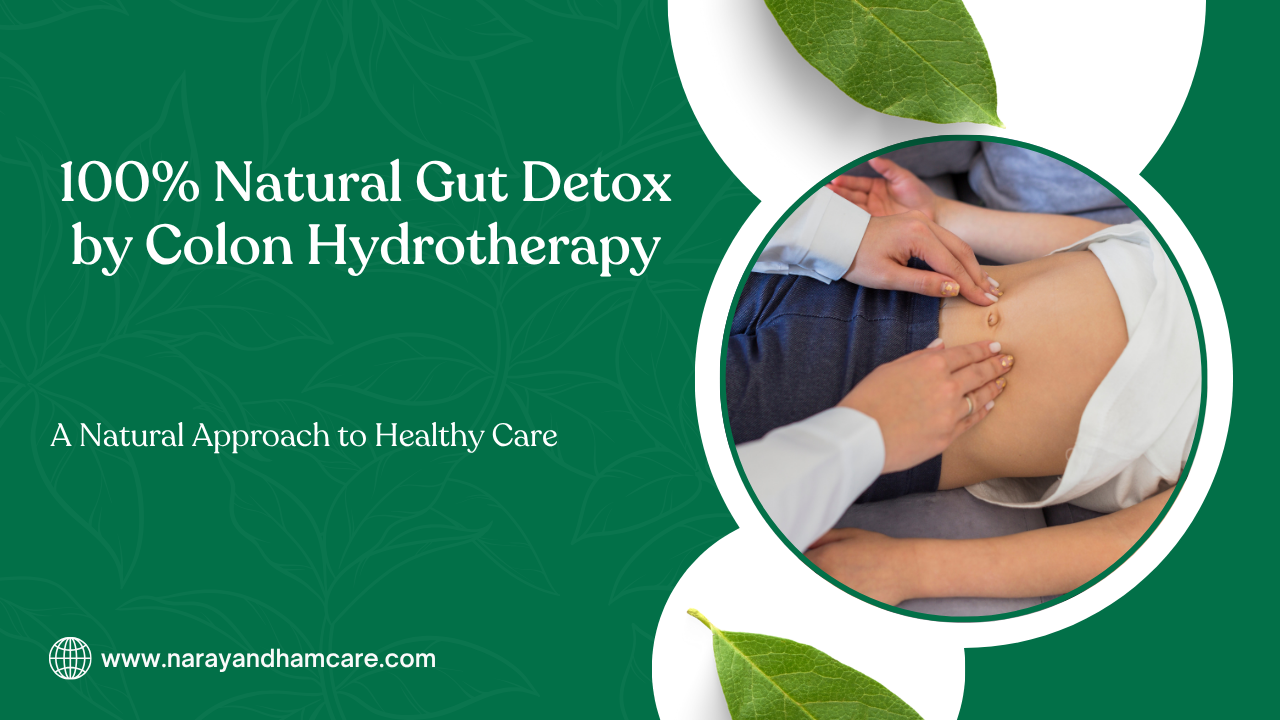🔹 Introduction:
Polycystic Ovary Syndrome is one of the most common hormonal disorders in women of reproductive age. It affects how a woman’s ovaries work and can lead to irregular periods, unwanted hair growth, acne, and fertility issues.
For women trying to conceive with PCOS, food can be a powerful tool. Certain fertility-boosting foods can help regulate hormones, improve ovulation, and support a healthier menstrual cycle.
This blog will guide you through 7 natural foods that support fertility in women with PCOS — all easy to find and simple to add to your daily diet.
🔹 Problem: Why PCOS Affects Fertility
PCOS affects around 1 in 10 women worldwide. One of its main problems is hormonal imbalance, especially higher levels of androgens (male hormones), insulin resistance, and irregular ovulation.
This hormonal imbalance makes it difficult for women to release eggs regularly, which affects fertility.
Here’s what’s going wrong:
- The ovaries don’t release eggs (anovulation)
- The body becomes resistant to insulin, causing weight gain
- High insulin leads to high androgen levels
- Irregular periods make it hard to predict ovulation
All these issues can make it difficult for women to conceive naturally.
🔹 Symptoms: Signs That PCOS May Be Affecting Fertility
If you have PCOS and are trying to get pregnant, look out for these common signs:
- Irregular or missed periods
- Excess facial or body hair
- Weight gain, especially around the belly
- Acne or oily skin
- Thinning hair on the scalp
- Difficulty tracking ovulation
- Long gaps between periods (more than 35 days)
- Multiple cysts on ovaries (seen on ultrasound)
If these symptoms sound familiar, your fertility could be affected — but don’t worry, food can help!
🔹 Solution: 7 Fertility-Boosting Foods for PCOS Women
The right diet can help balance hormones, reduce inflammation, and improve insulin sensitivity — all of which support fertility. Here are 7 PCOS-friendly foods that can naturally boost fertility:
- Avocados
Why it helps: Rich in healthy fats (monounsaturated fats), avocados help reduce inflammation and support hormone production. They also provide folate, a key fertility nutrient.
How to eat: Add sliced avocado to salads, toast, or smoothies.
- Leafy Greens (Spinach, Kale, Moringa)
Why it helps: Packed with iron, magnesium, and folate — all essential for healthy ovulation. These greens also support liver detox, which helps remove excess hormones.
How to eat: Add to curries, soups, or stir-fries. Blend into green smoothies.
- Berries (Blueberries, Strawberries, Amla)
Why it helps: Berries are loaded with antioxidants, which protect eggs from damage and reduce oxidative stress (common in PCOS).
How to eat: Enjoy them fresh, in yogurt, or as a snack.
- Flaxseeds
Why it helps: Flaxseeds are high in omega-3 fatty acids and lignans, which help balance estrogen levels. They also support healthy periods and reduce PCOS-related bloating.
How to eat: Add ground flaxseeds to smoothies, oats, or sprinkle over salads.
- Cinnamon
Why it helps: Cinnamon improves insulin sensitivity, reduces blood sugar levels, and helps regulate the menstrual cycle.
How to eat: Add 1/2 tsp of cinnamon to herbal tea, oats, or sprinkle on fruits.
- Nuts and Seeds (Almonds, Pumpkin Seeds, Walnuts)
Why it helps: They provide healthy fats, zinc, and magnesium — nutrients that support egg quality and hormone balance. They also help reduce inflammation.
How to eat: Eat a small handful as snacks or add to porridge and smoothies.
- Lentils and Beans
Why it helps: High in protein and fiber, lentils help balance blood sugar and support ovulation. They are also a great source of folate and iron, important for reproductive health.
How to eat: Add moong dal, chickpeas, or kidney beans to your meals.
🔹 Extra Tips for Fertility Support Through Diet
Here are a few easy diet tips that work well along with these foods:
- Drink enough water — aim for 2.5–3 liters daily
- Avoid refined sugar and white carbs like maida, sugar, and white bread
- Eat on time — do not skip meals
- Include protein in every meal (dal, paneer, nuts, etc.)
- Practice mindful eating — chew slowly and eat without distractions
🔹 Frequently Asked Questions (FAQ)
Q1: Can food alone cure PCOS and improve fertility?
A: While food can’t “cure” PCOS, a healthy diet can manage symptoms, balance hormones, and support fertility naturally.
Q2: How long does it take to see changes with diet?
A: Most women notice changes in 2–3 months when following a consistent PCOS-friendly diet and lifestyle.
Q3: Should I avoid dairy and gluten if I have PCOS?
A: Some women feel better avoiding dairy or gluten, but it depends on your body. Try reducing them and observe how you feel.
Q4: What should I avoid eating with PCOS?
A: Avoid sugary snacks, fried foods, white rice, sweetened drinks, packaged snacks, and excess caffeine.
Q5: Can Ayurveda help with PCOS fertility?
A: Yes! Ayurvedic herbs like Shatavari, Ashwagandha, and Triphala support hormone balance, digestion, and reproductive health.
🔹 Conclusion: Eat for Hormone Health and Fertility
PCOS can make your fertility journey feel difficult, but the right diet can make a big difference. These 7 fertility-boosting foods are not only natural and simple to include, but they also support overall health, hormone balance, and ovulation.
By nourishing your body with the right foods and making small lifestyle changes, you can take powerful steps toward better fertility — the natural way.
Start today with one food from the list and build up slowly.
Have questions about and fertility? Or want to share your favorite fertility-friendly recipe? Drop a comment below — we’d love to hear from you!

